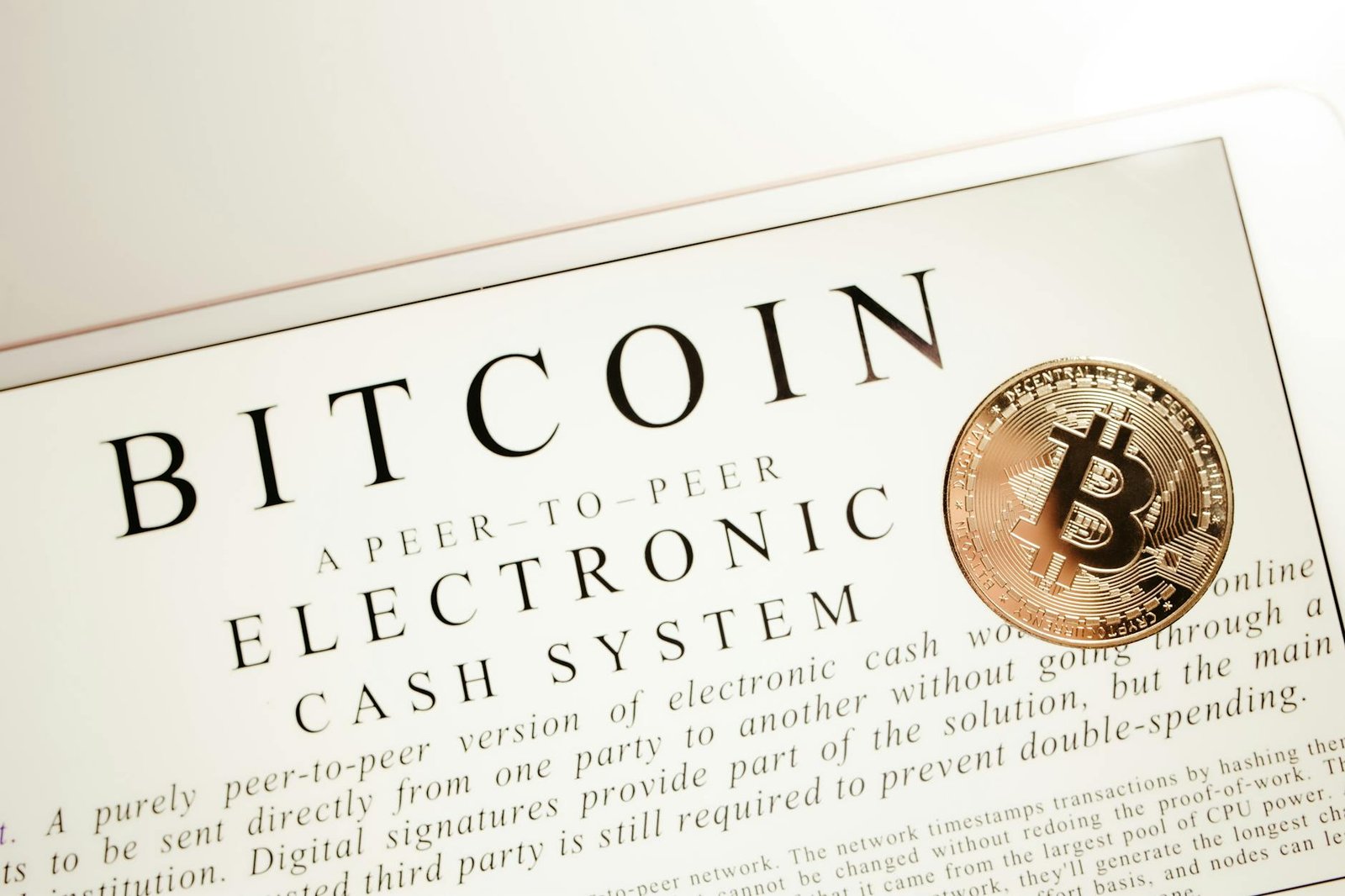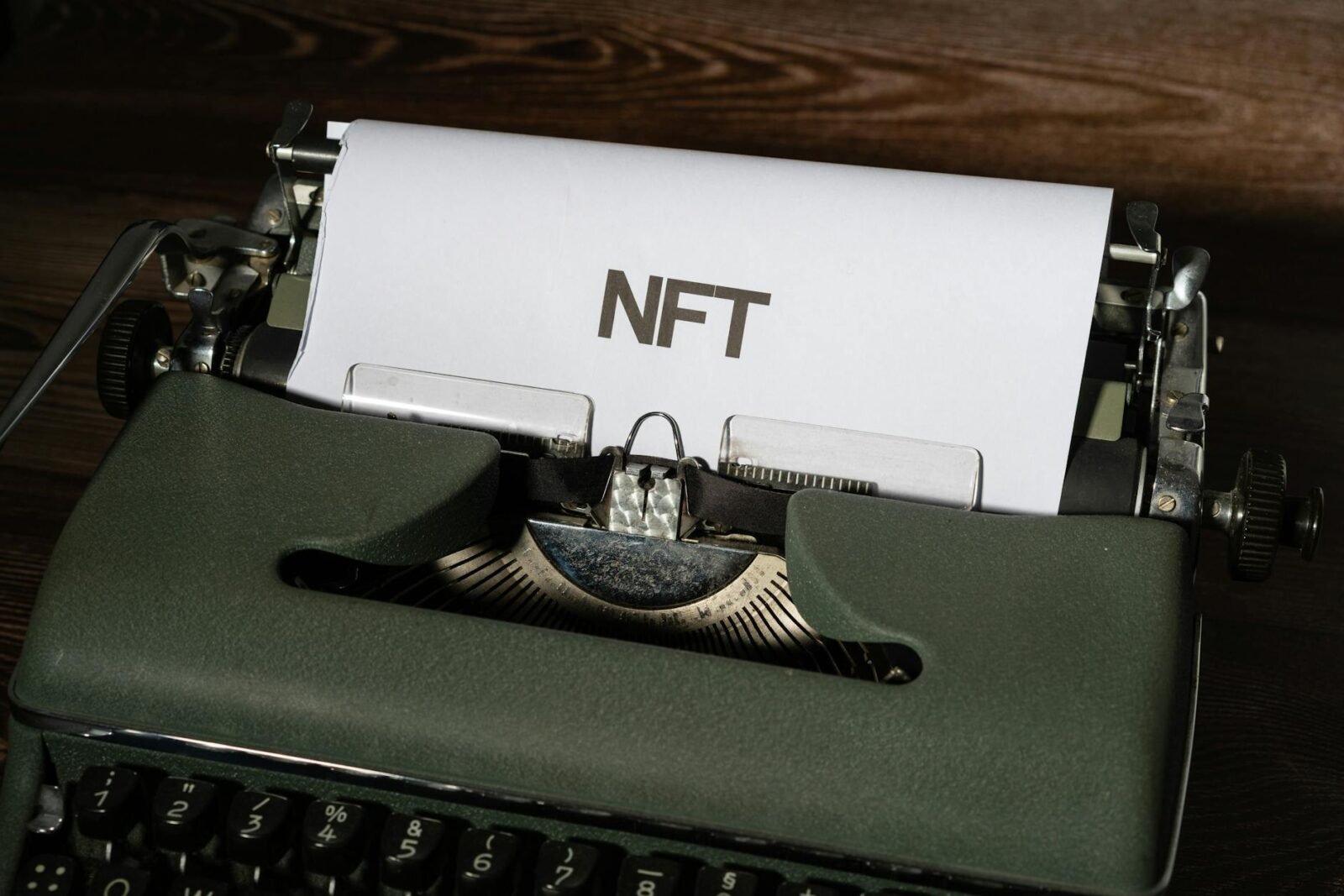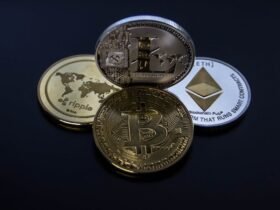Last Updated on December 19, 2024 by Daniele Lima
How digital tokens are revolutionizing the world of investments
The NFT (Non-Fungible Tokens) market has established itself as one of the biggest innovations on the digital scene, attracting the attention of artists, collectors, and investors around the world. These tokens, which represent unique digital assets, are transforming the way we perceive ownership and value of things online. From digital artworks to collectibles and virtual real estate, NFTs offer new investment opportunities, creating a dynamic, ever-expanding ecosystem.
However, the promise of growth and innovation also comes with significant challenges, such as market volatility, copyright issues, and the environmental impact of digital transactions. In this article, we will examine how NFTs are shaping the future of digital investing, highlighting the promising opportunities and obstacles facing investors and creators in this new landscape.
Table of Contents
What Are NFTs? Understanding Digital Token Basics
NFTs are blockchain-based digital assets that represent ownership of a single item or content. Unlike cryptocurrencies, such as Bitcoin or Ethereum, which are fungible (i.e. exchangeable with others), NFTs are unique or have characteristics that make them distinct. This means that an NFT cannot be exchanged for another NFT of equal value – its uniqueness is what determines its market price.
Blockchain technology, which serves as the basis for NFTs, guarantees the authenticity and ownership of these tokens. Each NFT is linked to a specific address on the blockchain, which facilitates traceability and proves its authenticity. This framework allows artists, musicians, gaming companies, and other industries to monetize digital creations in a completely new way.
NFT Market Opportunities: Transforming Digital Investments

The potential of NFT lies in its growing use in diverse industries such as art, music, sports, fashion, and entertainment. Let’s explore some of the main opportunities this market offers:
1. Valuation of digital assets
One of the biggest attractions for investors in the NFT market is the opportunity for asset valuation. Digital works of art sold as NFTs, for example, can be purchased for a modest amount and reach astronomical values within a few months. A famous example is that of the artist Beeple, who sold a work of digital art for US$69 million at Christie’s auction, breaking world art records.
For investors, this possibility of high financial returns is very attractive. However, it is worth noting that the NFT market remains volatile and risky, which requires careful analysis before committing to an investment.
2. New source of income for content creators
For artists and content creators, NFTs represent a new way to monetize their creations. Before the emergence of digital tokens, many artists relied on centralized platforms, such as art galleries or streaming services, to sell their works or music. Now, with NFT, these creators can sell directly to their audience, cutting out the middleman and keeping a greater percentage of the profits.
Additionally, NFTs allow creators to keep a percentage of royalties on future sales of their tokens, ensuring ongoing income as NFTs change hands. This creates a new business model in which creators can benefit not only from initial sales but also from the long-term success of their creations.
3. Adoption in the gaming and entertainment industry
Another industry that is rapidly adopting NFTs is video games. Blockchain-based games allow players to buy, sell, and trade digital items such as skins, characters, and other virtual goods such as NFTs. This creates a gaming economy in which players can earn a real financial return for their time and gaming skills. Entertainment companies are also beginning to explore the potential of NFTs, selling collectibles and exclusive experiences to fans. Big fashion brands and celebrities have entered this market, using NFTs to create new forms of engagement and revenue.
NFT Market Opportunities: Transforming Digital Investments
Investors are drawn to the NFT market for the potential of asset valuation. For example, digital art like Beeple’s Everydays sold for $69 million at Christie’s auction, highlighting immense opportunities for financial gains.
NFTs empower artists to monetize their creations directly, bypassing intermediaries like galleries. Creators also benefit from royalties on secondary sales, ensuring continuous income.
Blockchain-based games enable players to trade NFTs like skins and characters, creating real-world value. Entertainment companies use NFTs to sell collectibles and exclusive experiences.
Big brands and celebrities leverage NFTs to engage fans through unique digital assets, creating innovative interactions and marketing opportunities.
Critical Challenges Facing the NFT Marketplace
Despite the great potential and opportunities, the NFT market has its challenges. Like any new industry, there are obstacles to overcome for NFTs to consolidate and mature. Here are some of the main challenges that players face in this market:
1. Volatility and Speculation
The NFT market is highly speculative. The prices of many digital assets can fluctuate significantly over short periods of time, making investing in NFTs a significant risk. The “hype” surrounding NFTs can artificially inflate the value of certain assets, creating market bubbles that can burst quickly.
Inexperienced investors may find themselves in situations where they purchase NFTs at inflated prices, only to see their value decrease. Therefore, it is essential that investors do in-depth research and understand the risks before entering this market.
2. Issues of Authorship and Authenticity
One of the biggest concerns regarding NFTs is copyright issues. While blockchain provides proof of ownership, it does not prevent the distribution of unauthorized copies of artwork or other digital assets. Artists have reported cases in which their creations were transformed into NFTs by third parties without your consent, raising legal and ethical questions about the use of NFTs.
Furthermore, the authenticity of some NFTs has been questioned, especially in more informal markets, where there is no rigorous verification of the items sold. This can devalue the market as a whole and make it difficult to gain consumer trust.
3. Environmental Impact
Another important issue that needs to be addressed in the NFT market is the environmental impact of blockchain transactions. Most of NFTs is based on the Ethereum blockchain, which uses a proof-of-work system to validate transactions. This process consumes large amounts of energy, which has raised concerns about the environmental impact of creating and selling NFTs.
However, efforts are underway to make blockchain transactions more stable, such as migrating Ethereum to a Stake Trial system, which is significantly more energy efficient.
The Future of NFTs in the Digital Economy
Despite the challenges, the NFT market continues to evolve rapidly and the opportunities for investors and creators look promising. With the emergence of more secure and stable platforms, as well as a better understanding of legal and copyright implications, NFTs have the potential to become an important part of the global digital economy.
The key to success in the NFT market will be balancing innovation and responsibility, ensuring that creators and investors can benefit from this new digital ecosystem in an ethical and sustainable way.
NFT Marketplace Comparison Tool
Compare top NFT marketplaces side-by-side to understand their fee structures, user reviews, and pros and cons.
| Marketplace | Fee Structure | User Reviews | Pros | Cons | Learn More |
|---|---|---|---|---|---|
| OpenSea | 2.5% per transaction | ⭐⭐⭐⭐ (4.5/5) | Large user base, variety of assets | High gas fees on Ethereum | |
| Rarible | 2% per transaction | ⭐⭐⭐⭐ (4.0/5) | Decentralized, community governance | Limited scalability | |
| Foundation | 5% per sale | ⭐⭐⭐ (3.8/5) | Exclusive community, premium NFTs | High entry barrier |
Navigating the NFT Market: Strategies for Success
The NFT market represents a revolution in the way we perceive, buy, and sell digital assets. Offering significant opportunities for creators and investors, NFTs have the potential to redefine the concept of ownership in the digital environment. However, challenges related to volatility, copyright, and environmental impact still need to be addressed for the market to reach its full potential.
Little by little, the NFT scenario is consolidating itself as one of the pillars of the digital economy, and anyone who knows how to navigate this market carefully will be able to reap great rewards.
NTF Market – FAQ:
What exactly is an NFT?
An NFT (Non-Fungible Token) is a unique digital asset stored on a blockchain that represents ownership of a specific item, like digital art, music, or virtual real estate.
Are NFTs a good investment?
NFTs can be high-risk. While some NFTs have sold for millions, the market is volatile. Always research thoroughly and only invest what you can afford to lose.
How do I buy an NFT?
You’ll need a digital wallet, cryptocurrency (usually Ethereum), and access to NFT marketplaces like OpenSea or Rarible. Start by creating an account and connecting your wallet.
Are NFTs environmentally friendly?
Currently, most NFTs have a significant carbon footprint. However, blockchain technologies are evolving to become more energy-efficient.
Can anyone create an NFT?
Yes! Artists, musicians, game developers, and content creators can mint their own NFTs on various platforms, though there may be associated costs.







Leave a Reply